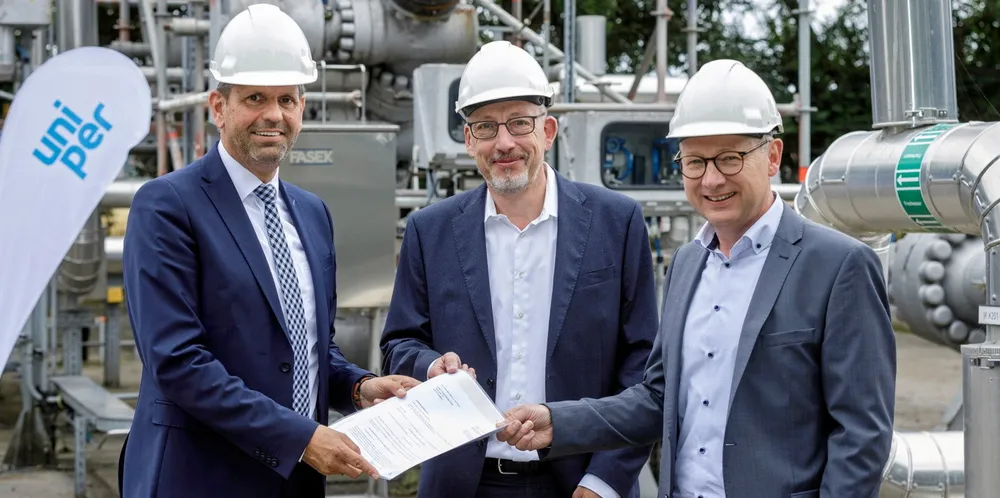'First industrial-scale hydrogen storage' | Uniper to build pilot salt-cavern facility after winning €2.4m grant
German utility will store up to 250,000 cubic metres of green H2 at the project by 2024, while testing how equipment and materials react to the gas

German utility Uniper will construct a hydrogen salt-cavern storage pilot project after being awarded a €2.375m ($2.43m) a grant by the state government of Lower Saxony.
The project aims to store up to 250,000 cubic metres of green hydrogen by 2024 at a disused natural-gas storage facility in Krummhörn, northwest Germany, close to the North Sea.
“Uniper Energy Storage will test the construction and operation of a new salt cavern specifically built for hydrogen storage on a large scale and in a real-world environment at the natural gas storage facility in Krummhoern, Northern Germany, which has not been used commercially since 2017,” the company stated in a press release.
“For this purpose, a new pilot cavern will be sol-technically [sic] constructed using an existing well. During the trial operation, equipment and materials will be examined for hydrogen compatibility, and experience will be gained in the storage of exclusively green hydrogen in a salt cavern and its delivery and further use.”
Uniper, which is owned by Finnish utility Fortum, will invest a further €10m in the project.
Confusingly, the press release initially states that the unnamed pilot will test hydrogen storage “on an industrial scale for the first time”, before later saying: “The storage facility will be one of the first of its kind.”
At least some of the stored green hydrogen at the Uniper project will be produced on site by gas transmission system operator Open Grid Europe (OGE) in another pilot project, called KRUH2, which in February won €2.81m of funding from the Lower Saxony government. That scheme’s focus is on “how green hydrogen can be produced on site using an electrolyser and stored in small quantities to meet a plant’s own demand for heat, mobility and electricity”.
Lower Saxony’s environment minister Olaf Lies — who has an unfortunate name for a politician — said: “The climate crisis and the war against Ukraine are forcing us to push ahead with the energy transition at top speed.
“It has long been clear that the energy transition cannot be achieved with electrons alone. Hydrogen will be a central element for the success of the energy transition. We need it to become independent of fossil fuels and to decarbonize our energy sector and industry.
“The advantage of hydrogen is that it can be stored. In order for it to develop this advantage, we need storage facilities, including caverns.
“It's in all our interests that we go forward quickly.”